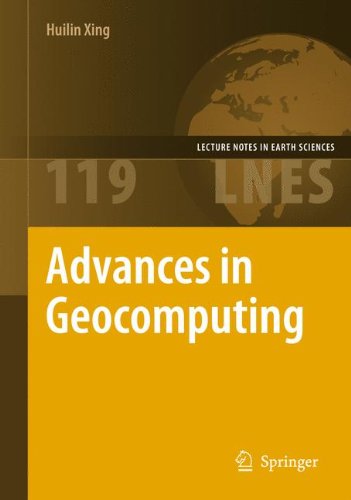

Most ebook files are in PDF format, so you can easily read them using various software such as Foxit Reader or directly on the Google Chrome browser.
Some ebook files are released by publishers in other formats such as .awz, .mobi, .epub, .fb2, etc. You may need to install specific software to read these formats on mobile/PC, such as Calibre.
Please read the tutorial at this link: https://ebookbell.com/faq
We offer FREE conversion to the popular formats you request; however, this may take some time. Therefore, right after payment, please email us, and we will try to provide the service as quickly as possible.
For some exceptional file formats or broken links (if any), please refrain from opening any disputes. Instead, email us first, and we will try to assist within a maximum of 6 hours.
EbookBell Team

4.0
76 reviews
ISBN 10: 3540858776
ISBN 13: 9783540858775
Author: Huilin Xing
This book provides a concise overview of the recent development in geocomputing, which covers the model construction and result visualisation, advanced computational theory and high performance software development on supercomputers and their applications in simulating geodynamics, crustal dynamics, earthquakes, tsunami and rock physics spanning different scales.
First Steps Towards Modeling a Multi-Scale Earth System
3D Mesh Generation in Geocomputing
Strategies for Preconditioning Methods of Parallel Iterative Solvers for Finite-Element Applications in Geophysics
Algorithms for Optimizing Rheology and Loading Forces in Finite Element Models of Lithospheric Deformation
Mantle Dynamics – A Case Study
The ESyS_Particle: A New 3-D Discrete Element Model with Single Particle Rotation
The TeraShake Computational Platform for Large-Scale Earthquake Simulations
Probabilistic Forecast of Tsunami Hazards along Chinese Coast
advances in architectural geometry 2022
advances in computed tomography for geomaterials
advances in geo-science and geo-structures
advances in biology and computers
advances in computer methods and geomechanics
Tags: Huilin Xing, Advances, Geocomputing, Lecture